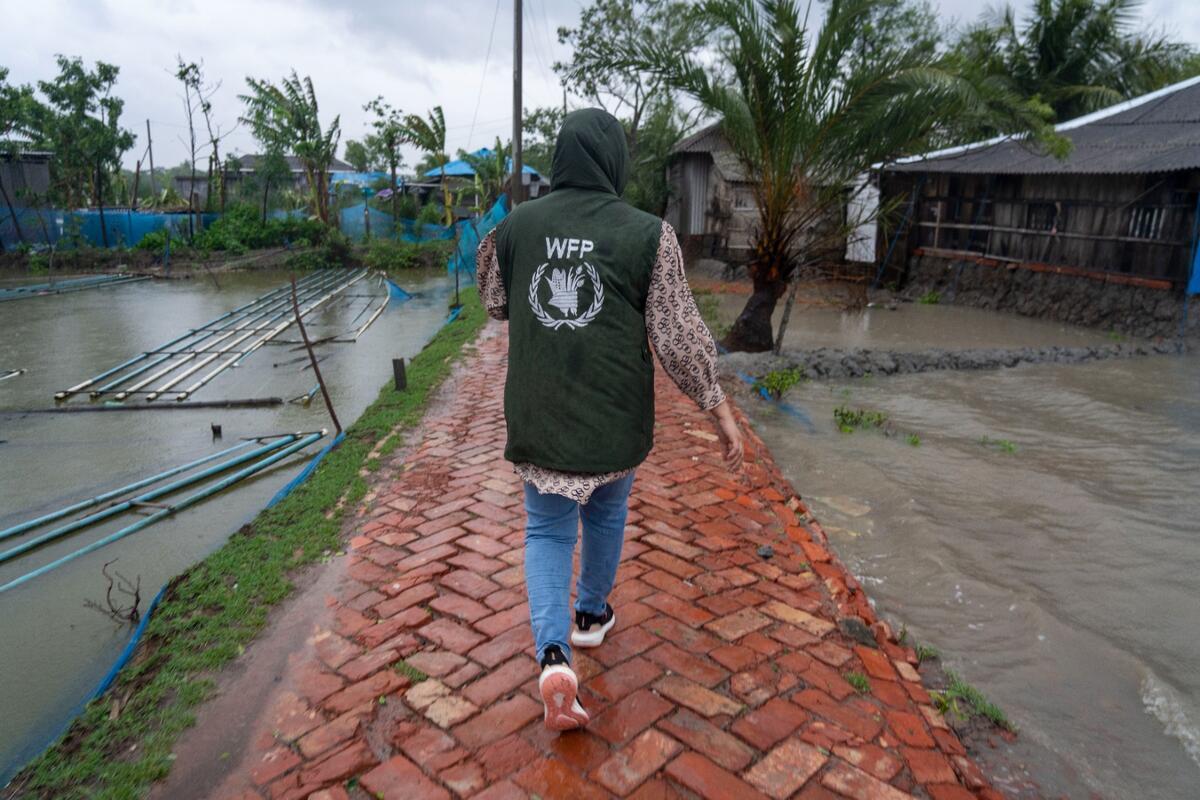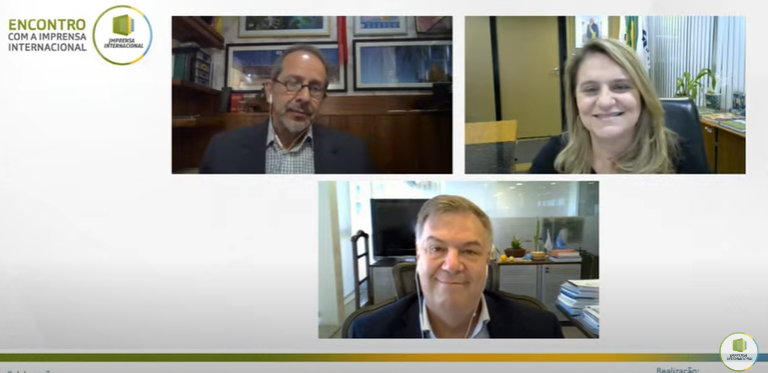
On Tuesday morning, June 4, the Director of the World Food Programme (WFP) Centre of Excellence against Hunger Brazil, Daniel Balaban, took part in the ‘Meeting with the International Press’. The event is organised by the Association of the Foreign Press in Brazil (AIE, in Portuguese) and brings relevant topics to the global market and to Brazil, connecting experts with foreign correspondents from various international newspapers who are in the country for a live interview. The theme of this meeting was ‘Climate Crisis and Food Production’.
Hunger and the climate crisis are deeply interlinked, and the challenges presented by this crisis are no longer a problem for future generations. According to WFP data, more than 40 per cent of the global population lives in areas highly vulnerable to climate disasters and, in 2022, climate extremes were the main factor in acute food insecurity for 56.8 million people in 12 countries. According to Daniel, conflicts and wars, climate change, soil degradation and water scarcity are some of the main drivers of hunger in the world today.
“Today, climate change has a major impact on crop yields, especially in developing countries. All climate change leads to unpredictable weather patterns such as droughts, floods and extreme temperatures and all of this affects our ability to produce food,” said Daniel Balaban.

Other panellists included the President of Embrapa, Silvia Massruhá, and climatologist Carlos Nobre, a researcher at University of São Paulo (USP) and Senior Fellow at the World Resources Institute (WRI) Brazil, as well as the President of the National Confederation of Commerce, José Roberto Tadros, and the Vice-President of the Federation of Chambers of Foreign Trade (FCCE, in Portuguese), Marco Aurélio Kunner. The panel was mediated by journalist Vinícius Dônola, with presentation direction by journalist and President of the AIE, Sergio Caringi. The meeting included participants from the newspapers Agence France Presse (AFP), ARD, The Guardian, The Financial Times, BBC, the Chinese news agency Xinhua, among others.
Among the main topics covered in the questions asked by the journalists were misinformation and fakenews about climate issues, the relationship between deforestation, agricultural expansion and sustainability, weaknesses in the country’s protection against climate disasters and investment by developed countries in climate issues for countries in the global South. The full interview is available on Imprensa Estrangeira TV’s YouTube channel.




